Except for a few businesses that have had less than smooth shareholder meetings, most meetings of public companies take place with high consensus between the Board of Directors and shareholders.
Observing the annual or extraordinary General Meetings of Shareholders of public companies, it is easy to see that many important decisions are easily approved by shareholders, and shareholders even authorize the Board of Directors to implement them.
This partly reflects the influence of major shareholders or members of the Board of Directors, but also shows the high consensus and unanimity not only within the Board of Directors but also the absolute trust of shareholders in the Board of Directors, as well as the respect of shareholders for each other.
The recent extraordinary general meeting of shareholders of Loc Phat Vietnam Commercial Joint Stock Bank (LPBank) is an example. In addition to the shareholders' rights being guaranteed through the dividend payment and profit distribution plans, the Board of Directors' proposals that are turning points for the bank such as: capital contribution, purchase of shares of FPT, change of bank headquarters to another province, election of additional members, dismissal of members of the Board of Directors, etc. were all approved by shareholders, even shareholders only need to approve the policy, how to implement is all authorized to the Board of Directors.
Before the congress took place, LPBank publicly posted documents for the General Meeting of Shareholders with major breakthrough proposals, but these proposals did not cause any noise.
This is similar to the two most recent annual general meetings of shareholders, LPBank's Board of Directors submitted a proposal to change the bank's name and all were approved by shareholders.
This is also the foundation for LPBank Chairman Nguyen Duc Thuy to confidently affirm the bank's strategic orientation for the period 2024-2028 as "Making LPBank become the leading retail bank in the market with the No. 1 position in retail banking in rural and urban areas of type 2 on the digital technology platform and Top 5 priority banking services in large cities, Top 6 banks with the largest market capitalization, contributing to the goal of eliminating black credit".
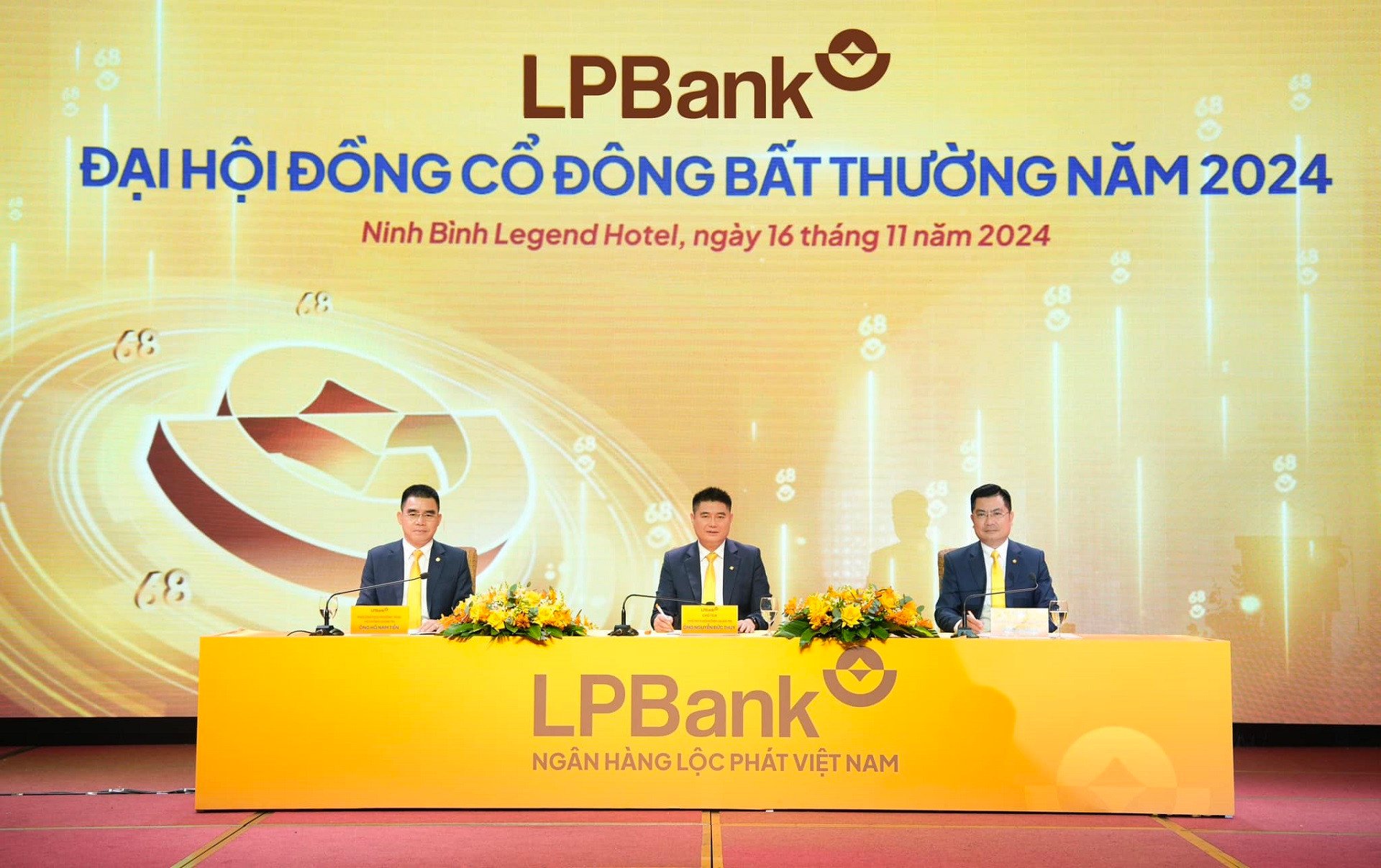
Mr. Nguyen Duc Thuy's above shares are partly related to the bank's plan to move its headquarters. Accordingly, LPBank will "capture" market share in rural areas and type 2 urban areas to take the lead in this market.
At the extraordinary general meeting of shareholders of Vietnam International Commercial Joint Stock Bank (VIB), with a series of proposals presented by the Board of Directors and the Board of Supervisors, the only thing that made shareholders concerned was the charter limiting the maximum ownership ratio of foreign investors to 4.99% of the bank's charter capital.
Shareholders question whether this ratio will affect the divestment of strategic investor Commonwealth Bank of Australia (CBA) or not? What specific benefits will shareholders receive when limiting this ratio?
With full and satisfactory answers from the Board of Directors, shareholders also voted to approve 100% of the reports of the Board of Directors and the Board of Supervisors.
Another private joint stock commercial bank is National Citizen Bank (NCB). High consensus among shareholders is an important factor for this bank to gradually restructure according to the project approved by the State Bank.
At the 2024 Annual General Meeting of Shareholders, NCB shareholders voted to approve major issues, including the approval of the plan to issue shares to increase charter capital, the 2024 business plan, and especially the report on the progress and results of the restructuring plan associated with bad debt settlement for the period 2023-2025, with a vision to 2030, with an approval rate of over 99%. Accordingly, NCB aims to complete the settlement of outstanding assets and complete the restructuring plan by 2029.
The bank also increased its financial resources for strong transformation steps when it is expected to complete the increase in charter capital by VND 6,200 billion, to more than VND 11,800 billion by the end of 2024. According to the roadmap, NCB will continue to increase capital and it is expected that NCB's charter capital will reach more than VND 29,000 billion by 2028.
In the context of the economy still facing many difficulties, negatively affecting the financial health of businesses and customers in most areas of operation, the above positive results have shown NCB's proactiveness and determination in implementing restructuring solutions, promising strong development steps in the coming time.
Another bank is BIDV, whose shareholders also approved the restructuring plan for the 2021-2025 period along with other important proposals at the recent extraordinary shareholders' meeting. On that basis, BIDV has determined its vision to become the leading financial institution in Southeast Asia by 2030, with the best foundation in Vietnam, striving to be in the Top 100 strongest banks in Asia.
However, besides organizations with high consensus, recently there have also been businesses that have been unable to hold their General Meeting of Shareholders due to various reasons.
FLC, a business in the most difficult period since the Trinh Van Quyet "big case", was unable to hold the first extraordinary general meeting of shareholders in 2024 because the number of shareholders attending the meeting did not represent more than 50% of the company's voting shares.
For the same reason, Dong Thap Construction and Building Materials JSC (DBT) was also unable to hold the first extraordinary General Meeting of Shareholders in 2024.
In reality, if a large shareholder group dominates and holds the majority of shares in a public joint stock company, conflicts will arise between the large shareholders. Small shareholders will be the ones who suffer the most.
These public companies do not seem to have the objective of maximizing shareholder value, but rather it is often driven by vested interests. The truly large but non-dominant shareholders also feel that their interests are not protected and may initiate protracted battles. This will certainly be harmful to the organization as well as to the shareholders themselves.
Source: https://vietnamnet.vn/khi-co-dong-va-hdqt-dong-thuan-vi-muc-tieu-chung-2346096.html


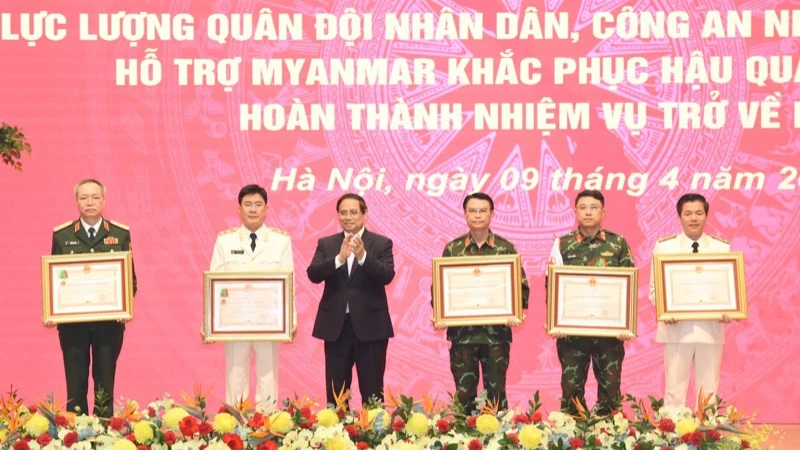
![[Photo] Prime Minister Pham Minh Chinh commends forces supporting Myanmar in overcoming earthquake consequences](https://vstatic.vietnam.vn/vietnam/resource/IMAGE/2025/4/10/e844656d18bd433f913182fbc2f35ec2)

![[Photo] Opening of the 11th Conference of the 13th Party Central Committee](https://vstatic.vietnam.vn/vietnam/resource/IMAGE/2025/4/10/f9e717b67de343d7b687cb419c0829a2)
![[Photo] April Festival in Can Tho City](https://vstatic.vietnam.vn/vietnam/resource/IMAGE/2025/4/10/bf5ae82870e648fabfbcc93a25b481ea)

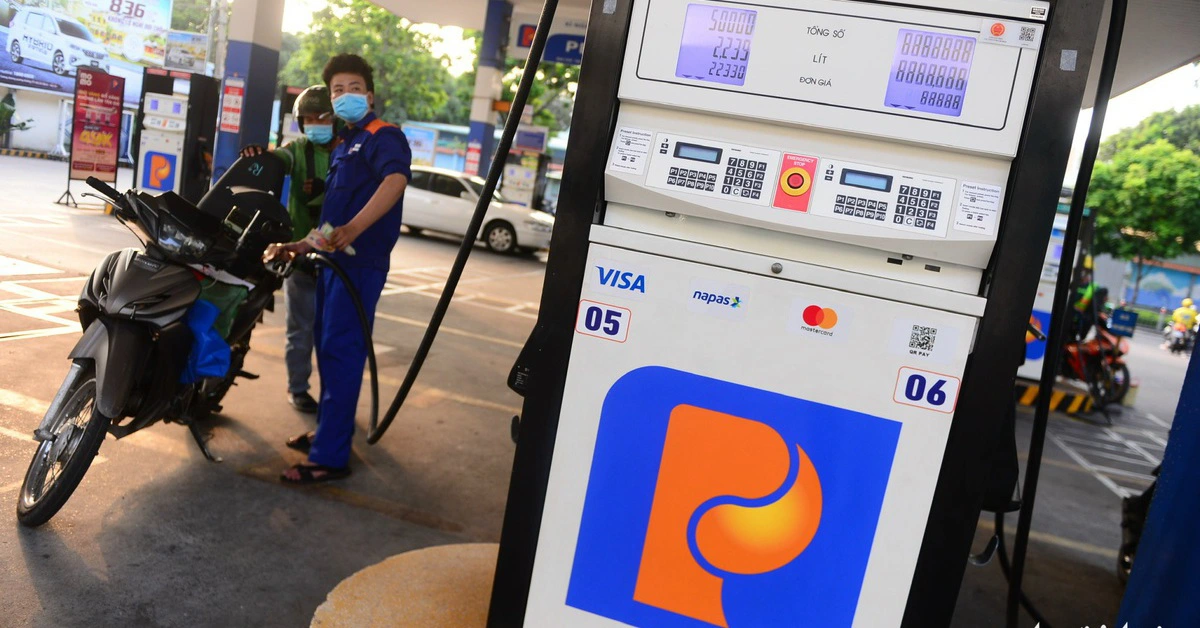

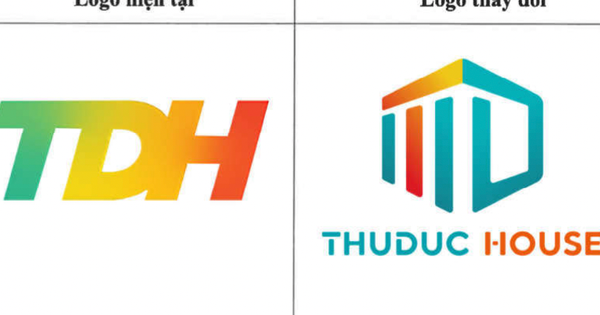

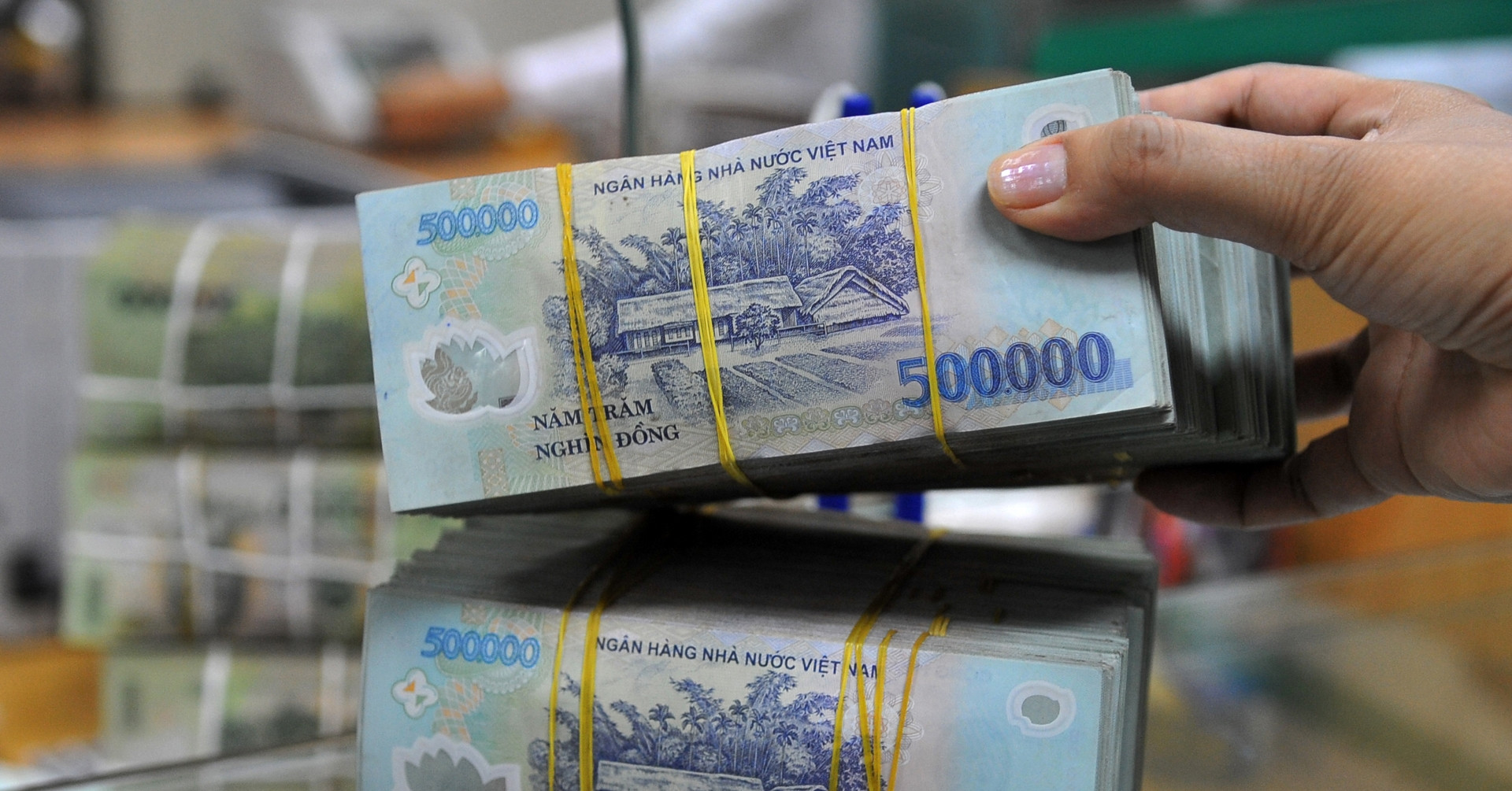
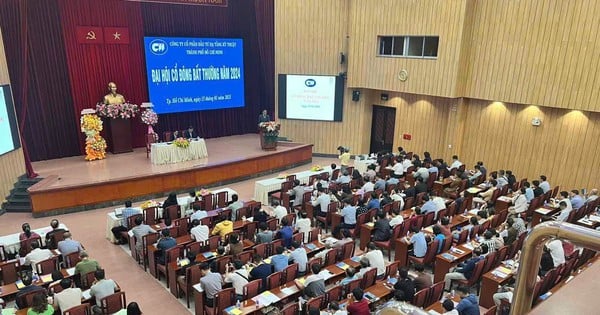
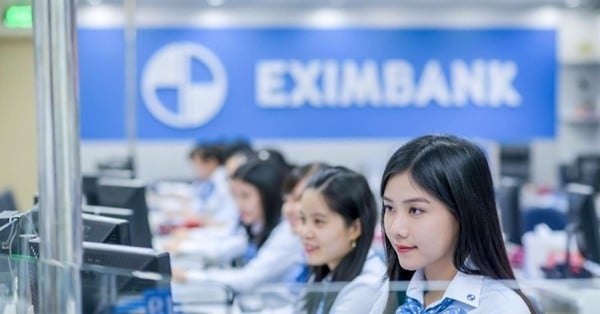

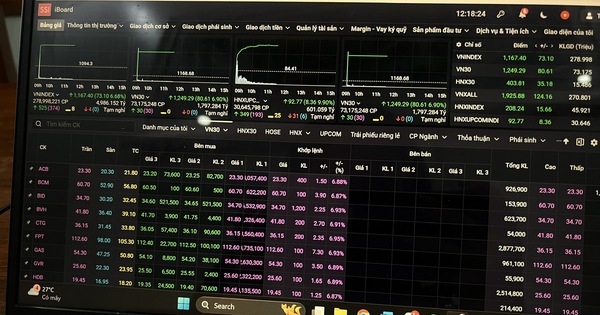

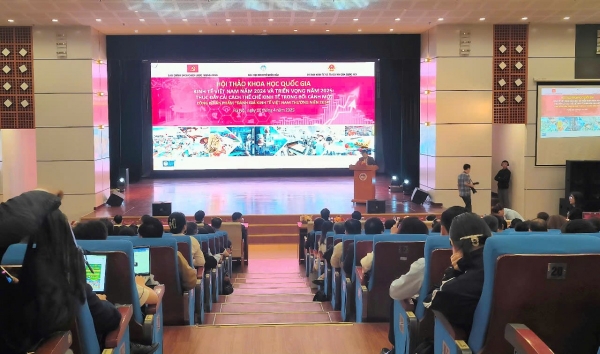
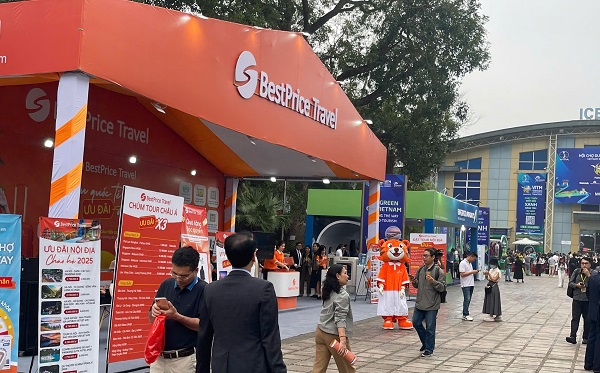






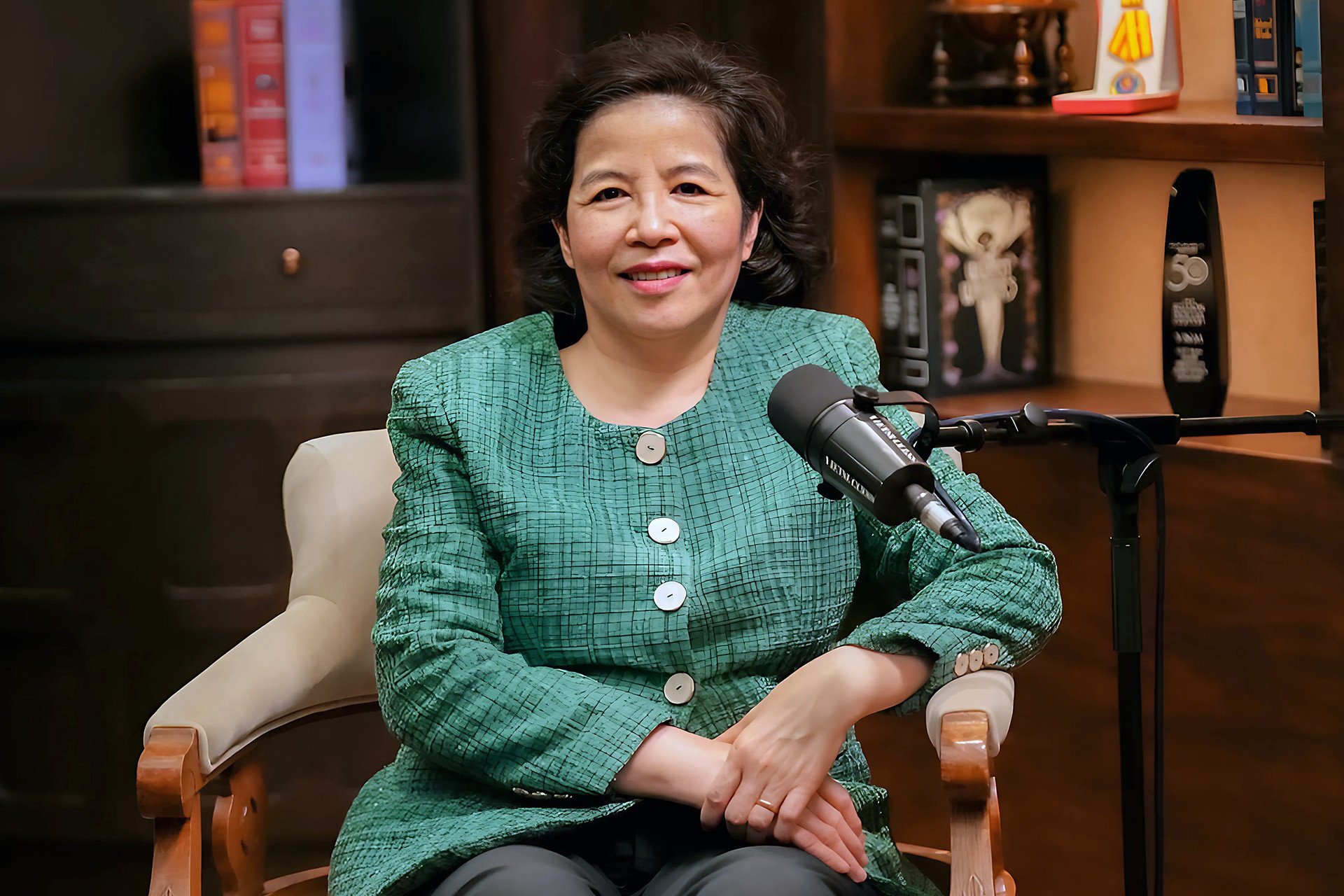


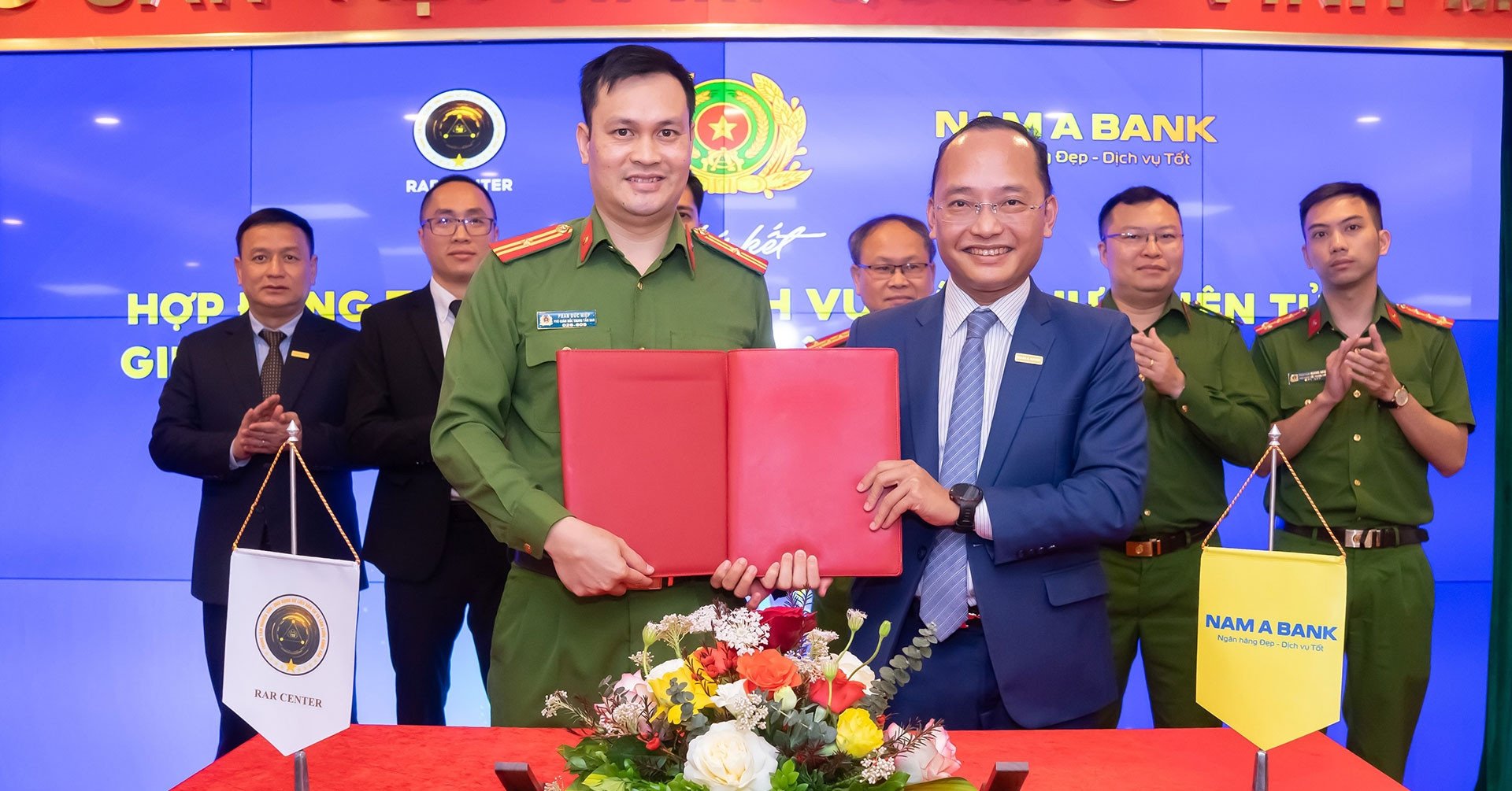

![[Photo] Reliving the heroic memories of the nation in the program "Hanoi - Will and belief in victory"](https://vstatic.vietnam.vn/vietnam/resource/IMAGE/2025/4/10/19ce7bfadf0a4a9d8e892f36f288e221)















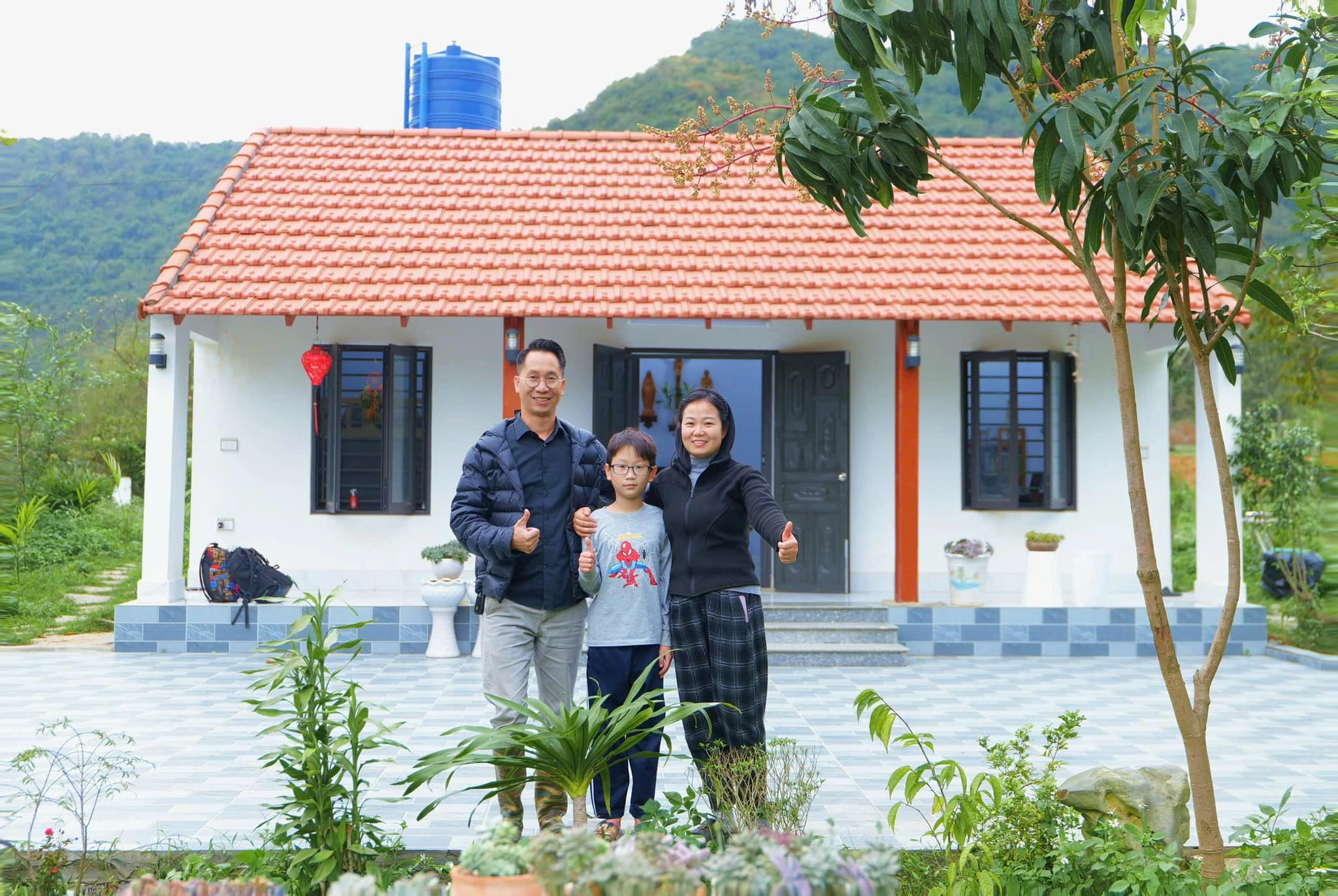

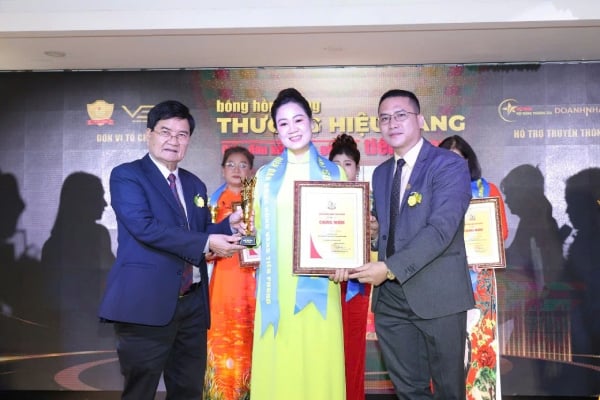



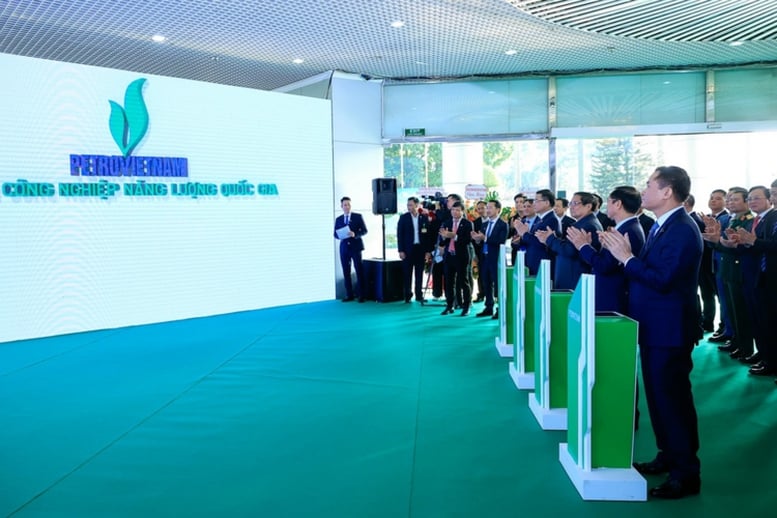

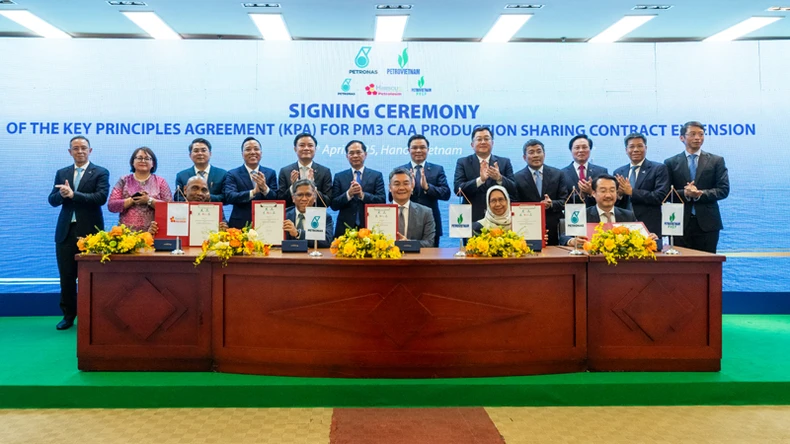

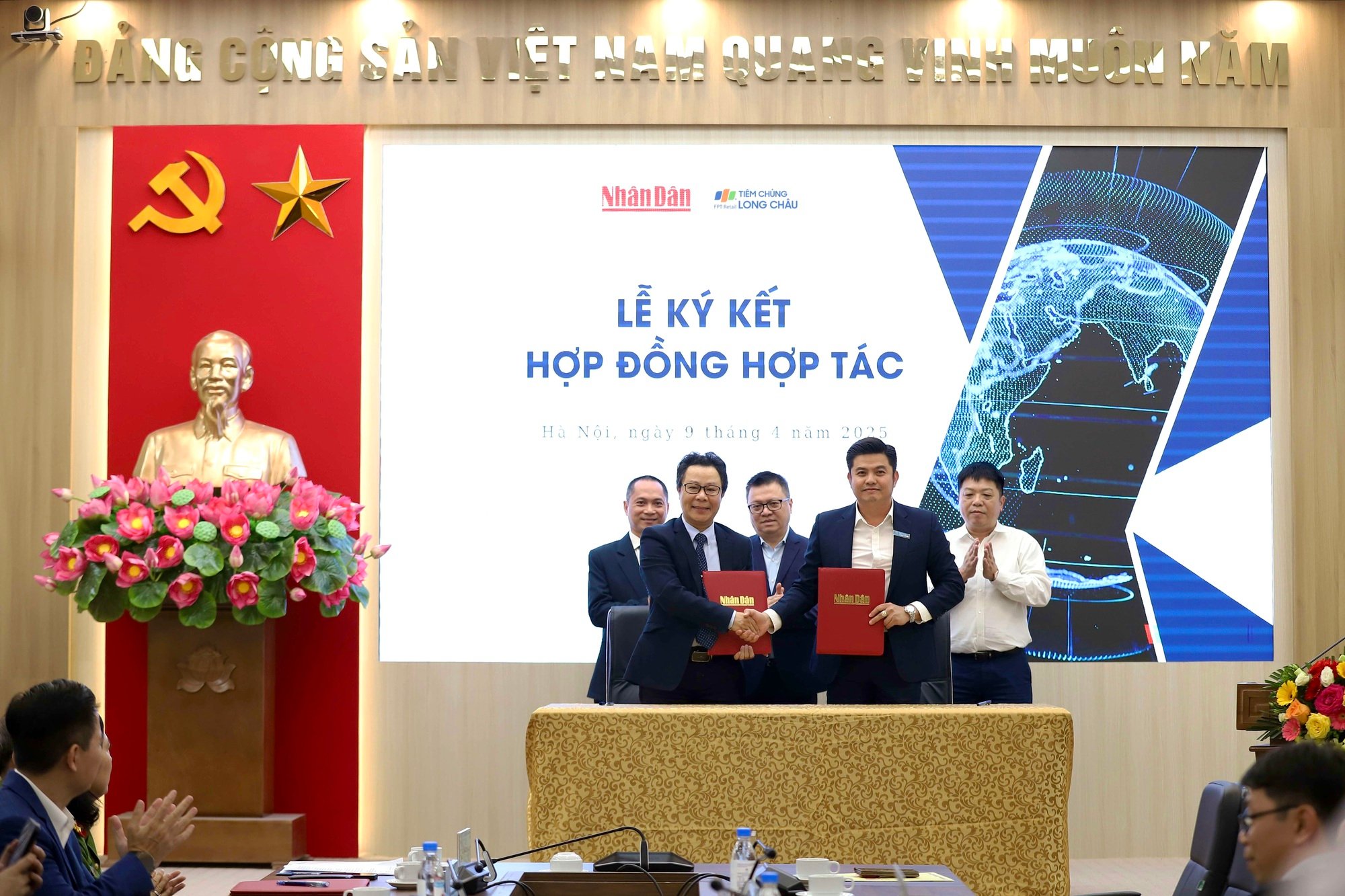
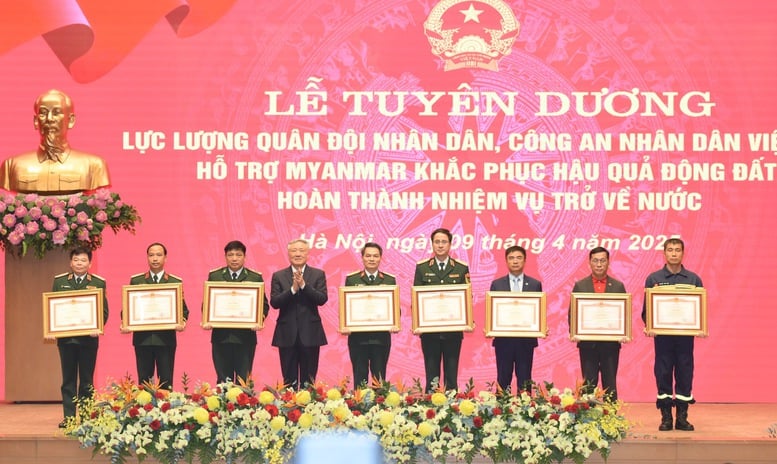
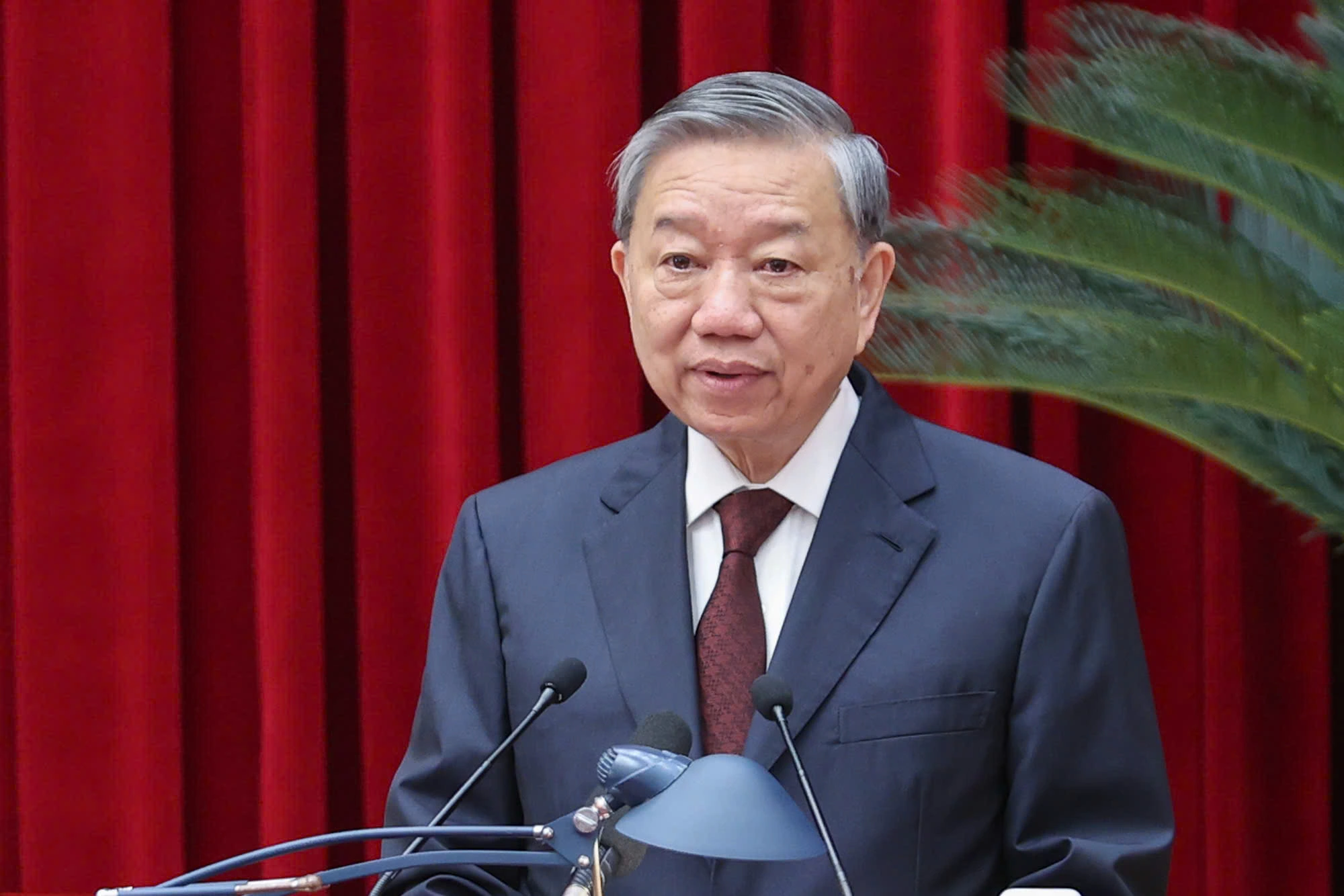
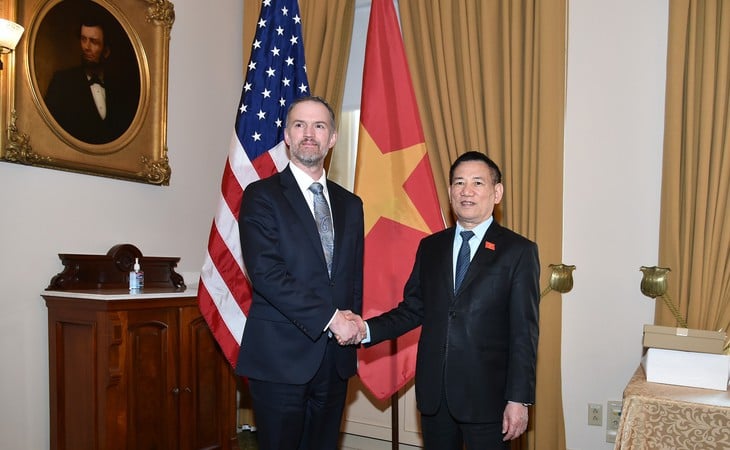
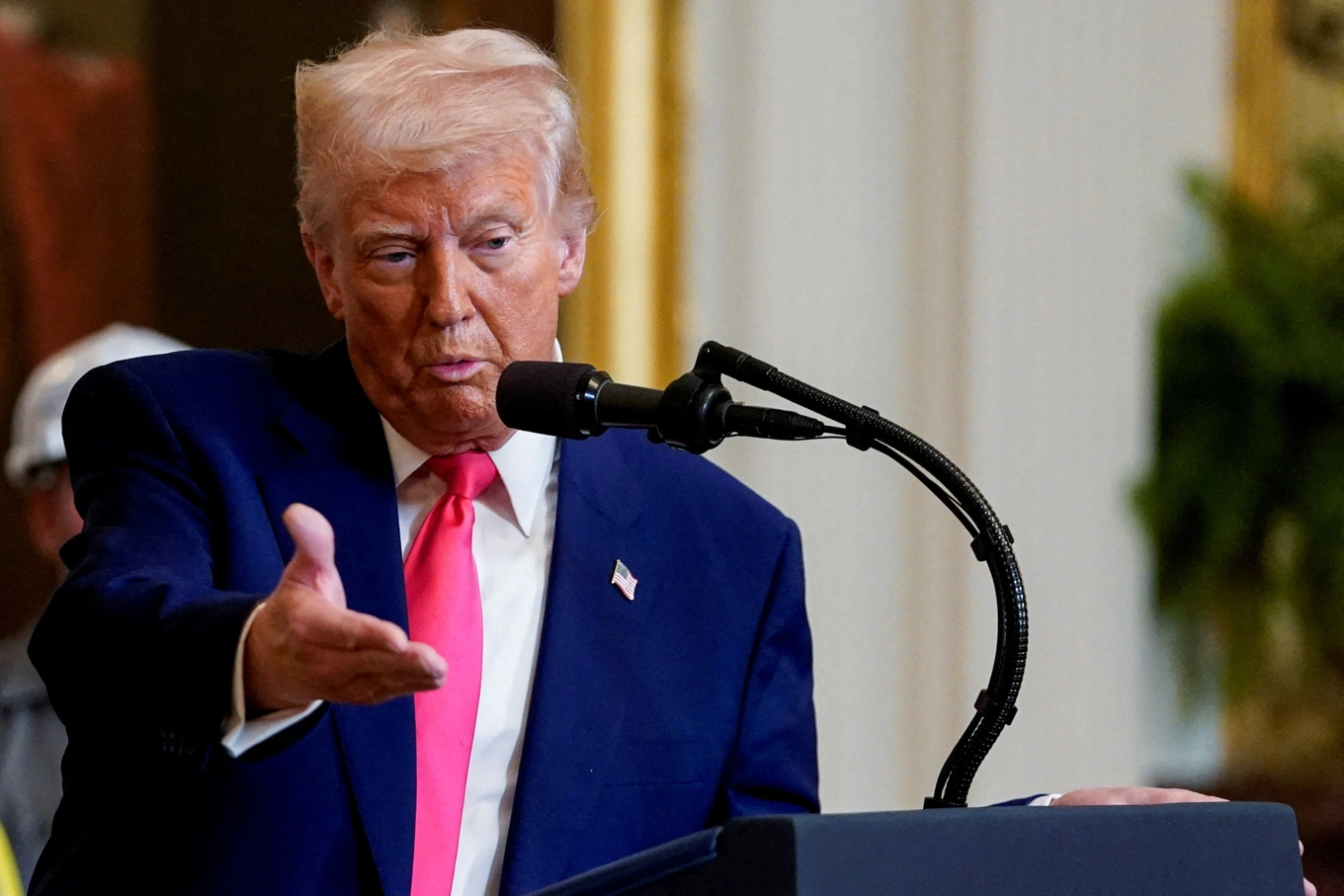

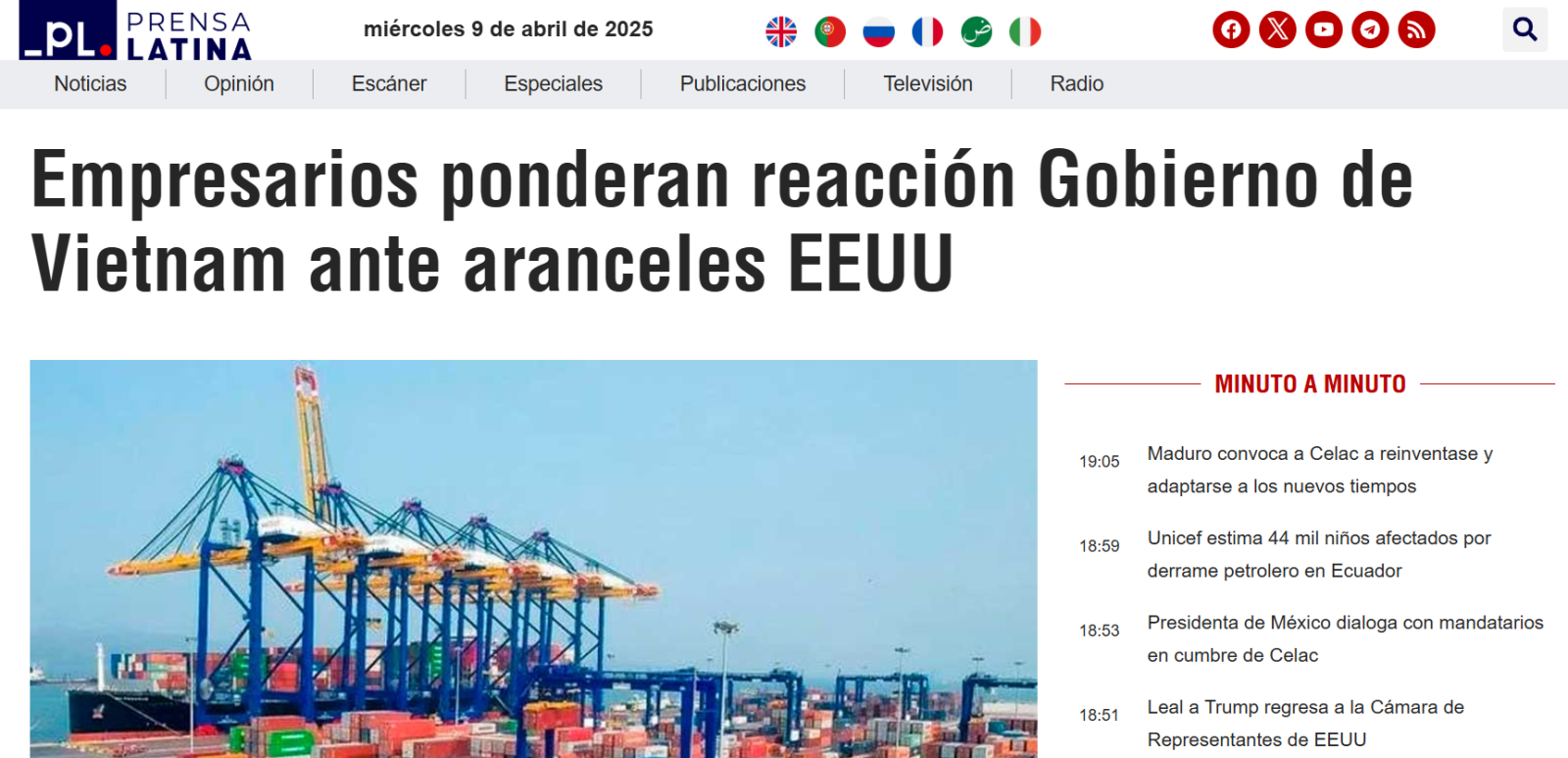



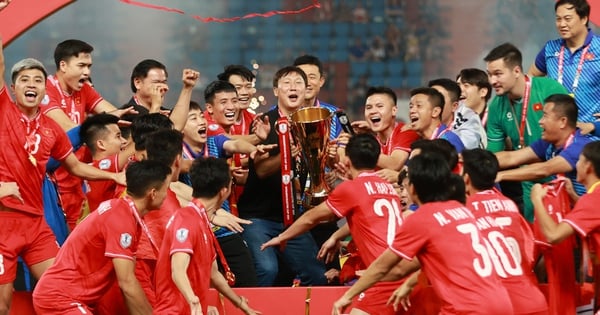
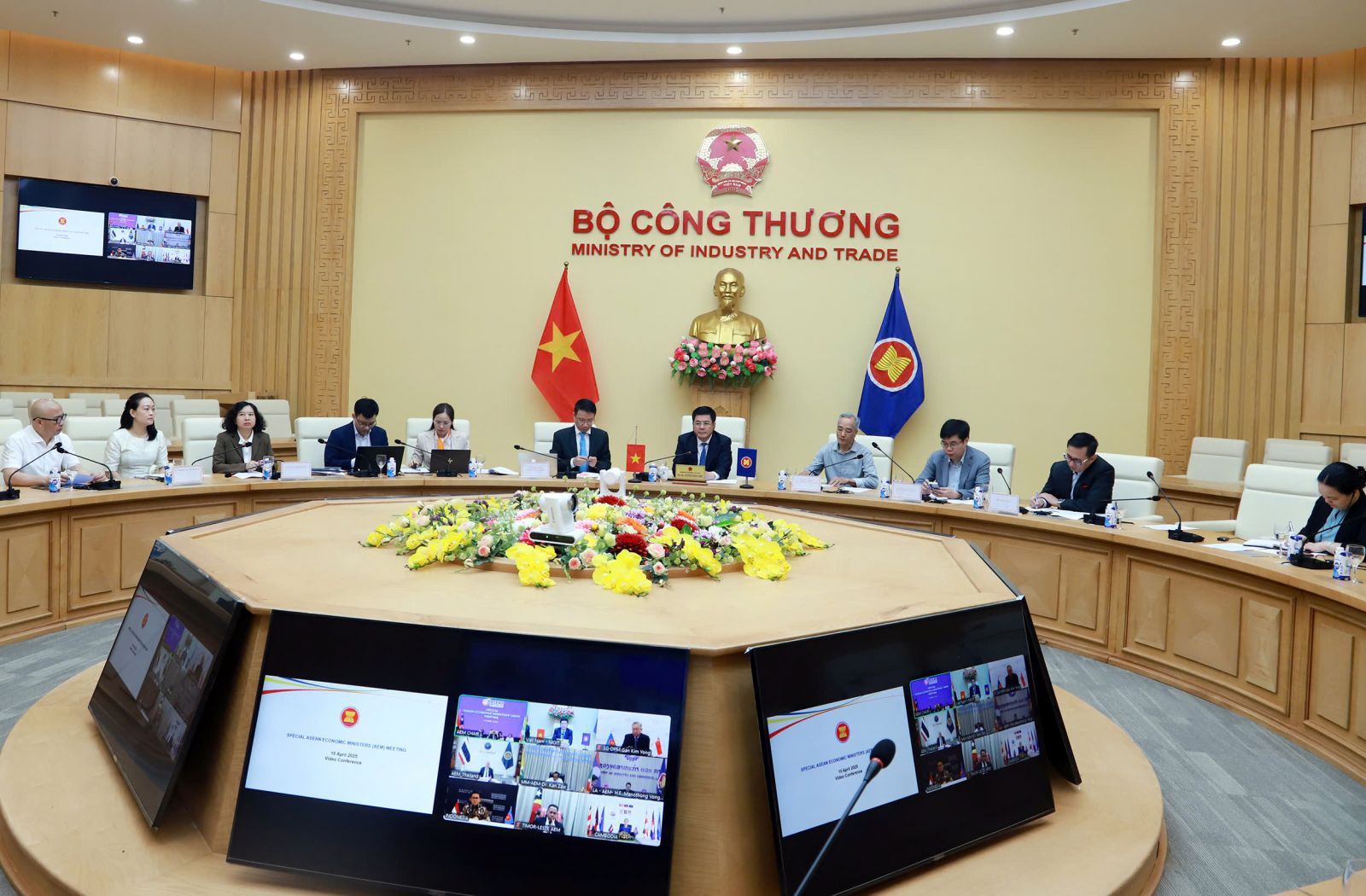

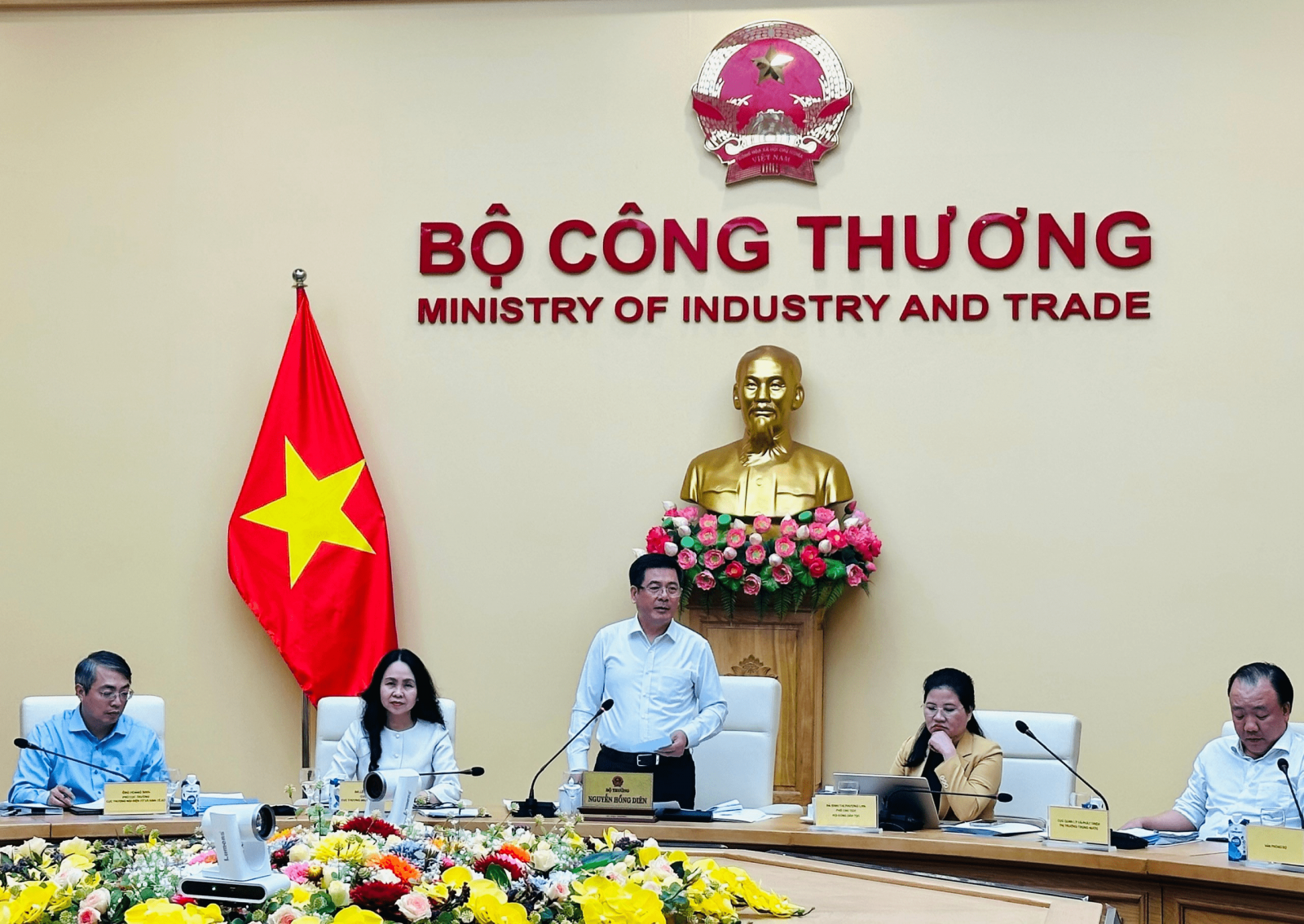





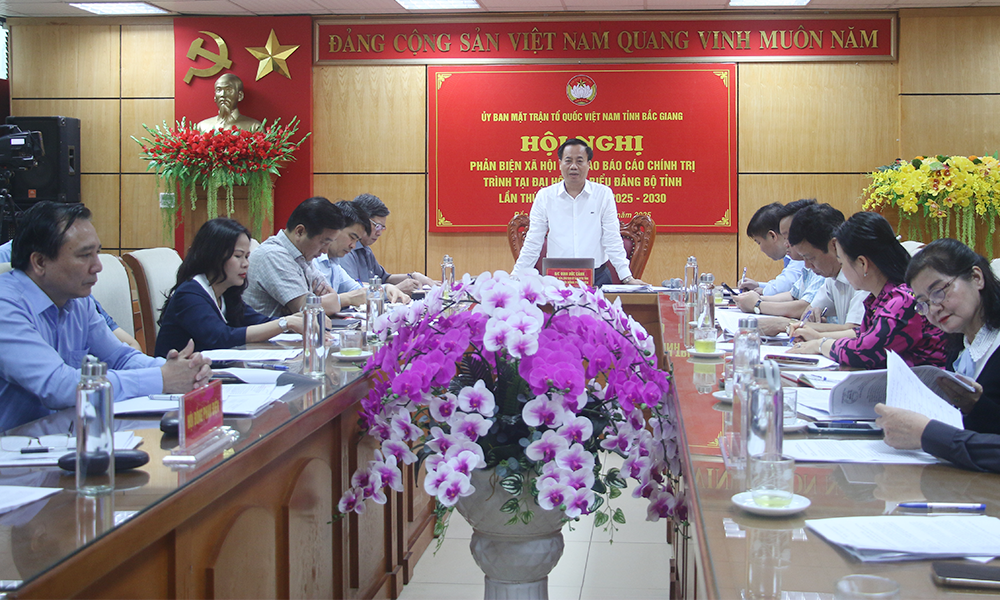

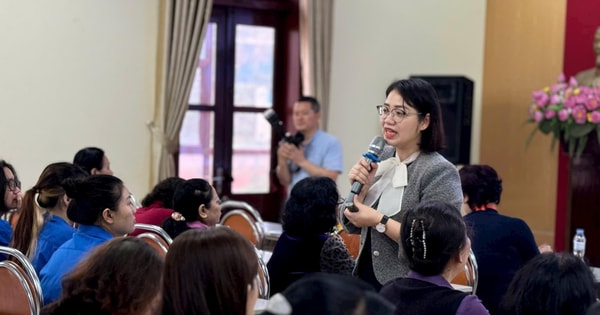













Comment (0)